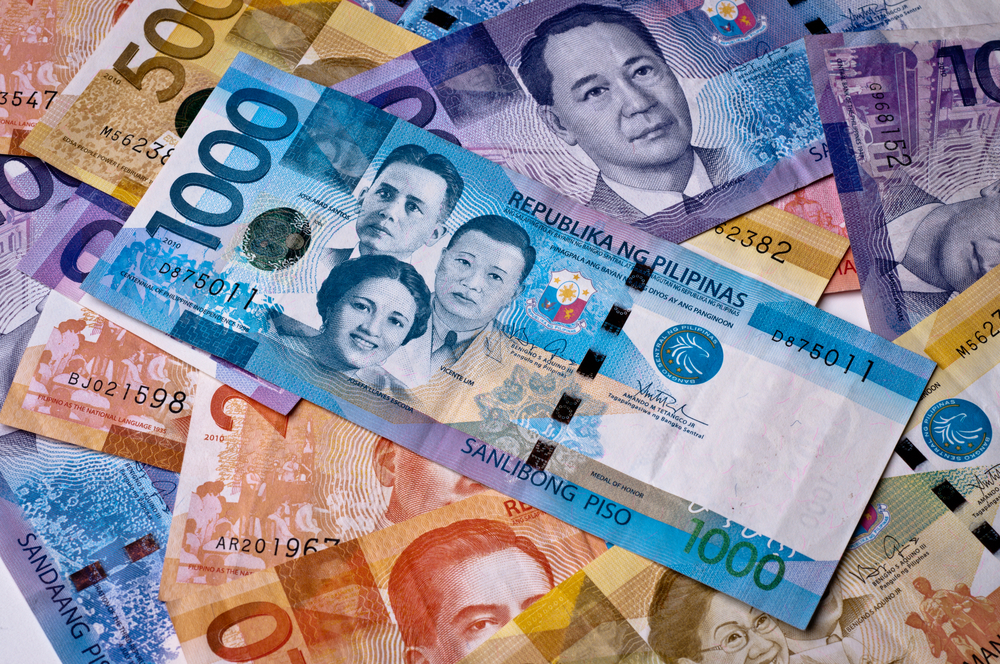Business and Economy
PSEi ends week slightly up; peso stays almost flat vs. USD

40 from 50.36 a day ago. (shutterstock)” width=”1000″ height=”664″ /> The peso finished the week at 50.40 from 50.36 a day ago. (shutterstock)
MANILA— The Philippine Stock Exchange index (PSEi) rose slightly on Friday as the peso stayed firm after investors stayed at the sidelines ahead of the release later in the day of US’s December 2017 inflation report.
PSEi ended the day at 8,814.62 points, up 0.02 percent or 1.37 percent from 8,813.25 points the previous session.
Meanwhile, the broader All Shares shed 0.05 percent, or 2.66 points, to 5,098.75 points.
It was a mix among the sectoral indices with the Property, Financials, Holding Firms, and Services rising by 0.
39 percent, 0.35 percent, 0.07 percent, and 0.04 percent, respectively. Mining and Oil shed 1.22 percent and Industrial by 0.90 percent.
Volume for the day reached 649.24 million shares amounting to PHP7.95 billion.
Losers led gainers at 103 to 96 while 48 shares were unchanged.
The peso finished the week at 50.40 from 50.36 a day ago.
A trader said the US dollar is weakening overseas but the peso was affected by anticipation on the US inflation report, which investors hope to remain at 2 percent level to give monetary officials another reason to hike the Federal Reserve rates.
It opened the day at 50.27, better than the 50.38 a day ago.
It traded between 50.40 and 50.25, resulting to an average of 50.30.
Volume for the day reached USD588.5 million, lower than the USD833.7 million in the previous session.
BPI Asset Management and Trust Corp.
Vice President and head of Equities and Fixed Income Research Carlos A. Jalandoni forecasts the local currency to end 2018 at 51.90 to a greenback.
He said depreciation of the local unit is not bad since domestic growth remains strong, thus, performance of the peso is reflective of the economic expansion.
He explained that a one-and-a-half to 2 percent annual depreciation for the currency is okay, with the peso seen to weaken on account of higher importation of capital goods needed by the expanding economy.
He said the current weakness of the peso should be considered as business-as-usual and people need to accept this fact given the volatility overseas.
“We have to learn to accept the fact that a weakening currency is a sign of growing economy,” he added.





















